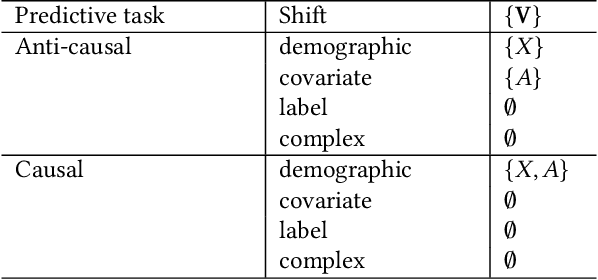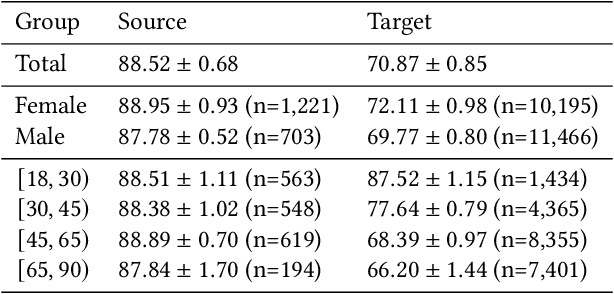Krista Opsahl-Ong
Optimizing Instructions and Demonstrations for Multi-Stage Language Model Programs
Jun 17, 2024Abstract:Language Model Programs, i.e. sophisticated pipelines of modular language model (LM) calls, are increasingly advancing NLP tasks, but they require crafting prompts that are jointly effective for all modules. We study prompt optimization for LM programs, i.e. how to update these prompts to maximize a downstream metric without access to module-level labels or gradients. To make this tractable, we factorize our problem into optimizing the free-form instructions and few-shot demonstrations of every module and introduce several strategies to craft task-grounded instructions and navigate credit assignment across modules. Our strategies include (i) program- and data-aware techniques for proposing effective instructions, (ii) a stochastic mini-batch evaluation function for learning a surrogate model of our objective, and (iii) a meta-optimization procedure in which we refine how LMs construct proposals over time. Using these insights we develop MIPRO, a novel optimizer that outperforms baselines on five of six diverse LM programs using a best-in-class open-source model (Llama-3-8B), by as high as 12.9% accuracy. We will release our new optimizers and benchmark in DSPy at https://github.com/stanfordnlp/dspy
Automating the Enterprise with Foundation Models
May 03, 2024



Abstract:Automating enterprise workflows could unlock $4 trillion/year in productivity gains. Despite being of interest to the data management community for decades, the ultimate vision of end-to-end workflow automation has remained elusive. Current solutions rely on process mining and robotic process automation (RPA), in which a bot is hard-coded to follow a set of predefined rules for completing a workflow. Through case studies of a hospital and large B2B enterprise, we find that the adoption of RPA has been inhibited by high set-up costs (12-18 months), unreliable execution (60% initial accuracy), and burdensome maintenance (requiring multiple FTEs). Multimodal foundation models (FMs) such as GPT-4 offer a promising new approach for end-to-end workflow automation given their generalized reasoning and planning abilities. To study these capabilities we propose ECLAIR, a system to automate enterprise workflows with minimal human supervision. We conduct initial experiments showing that multimodal FMs can address the limitations of traditional RPA with (1) near-human-level understanding of workflows (93% accuracy on a workflow understanding task) and (2) instant set-up with minimal technical barrier (based solely on a natural language description of a workflow, ECLAIR achieves end-to-end completion rates of 40%). We identify human-AI collaboration, validation, and self-improvement as open challenges, and suggest ways they can be solved with data management techniques. Code is available at: https://github.com/HazyResearch/eclair-agents
Maintaining fairness across distribution shift: do we have viable solutions for real-world applications?
Feb 02, 2022



Abstract:Fairness and robustness are often considered as orthogonal dimensions when evaluating machine learning models. However, recent work has revealed interactions between fairness and robustness, showing that fairness properties are not necessarily maintained under distribution shift. In healthcare settings, this can result in e.g. a model that performs fairly according to a selected metric in "hospital A" showing unfairness when deployed in "hospital B". While a nascent field has emerged to develop provable fair and robust models, it typically relies on strong assumptions about the shift, limiting its impact for real-world applications. In this work, we explore the settings in which recently proposed mitigation strategies are applicable by referring to a causal framing. Using examples of predictive models in dermatology and electronic health records, we show that real-world applications are complex and often invalidate the assumptions of such methods. Our work hence highlights technical, practical, and engineering gaps that prevent the development of robustly fair machine learning models for real-world applications. Finally, we discuss potential remedies at each step of the machine learning pipeline.
 Add to Chrome
Add to Chrome Add to Firefox
Add to Firefox Add to Edge
Add to Edge